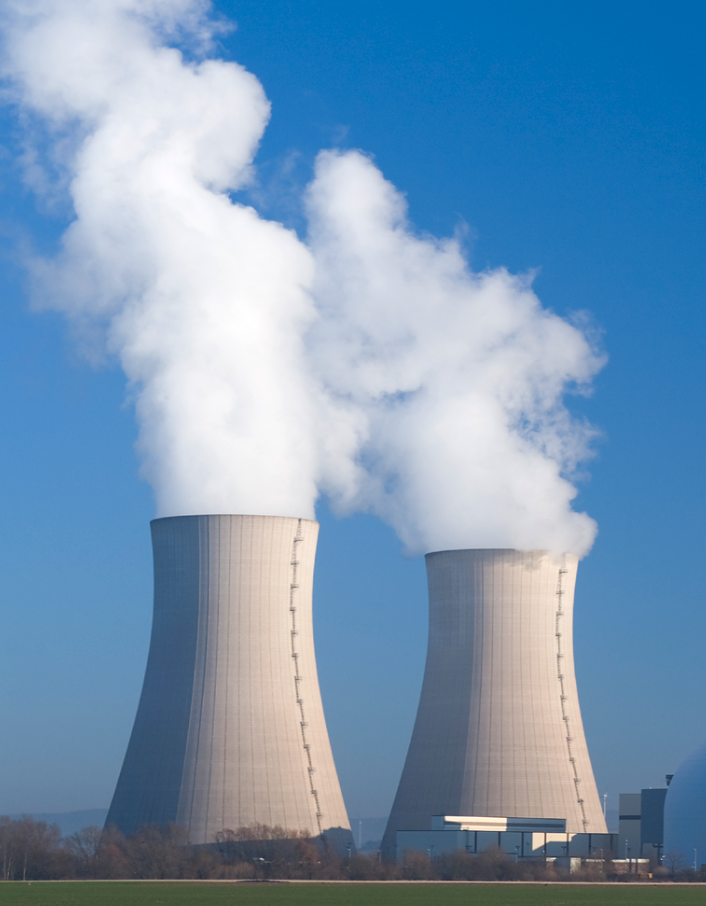By Lionella Pezza, Director of Impact Research. Excerpted from the Fourth Quarter 2024 Impact Update

At Domini, we have never invested in nuclear power. This exclusionary standard reflects our concerns not only about the risk of nuclear weapons proliferation, but also about the significant risks that large-scale nuclear power plants present to human health and safety, as well as to the natural environment.
Although some consider nuclear power a safe and clean alternative to fossil fuels, there remain major challenges in the areas of safety, transparency, environmental justice, storage, and full lifecycle costs. Advocates often compare investments in nuclear power with renewables and point to its relative cost efficiency. However, these estimates rarely reflect the costs associated with storage, maintenance, and the risk of catastrophic failures. Claims of nuclear power’s carbon neutrality also fail to consider the greenhouse gas footprint of the full life cycle, which includes uranium mining; cement, steel, and other materials required to build the plants; and the storage of nuclear waste.
There are claims that small-scale fission reactors, which typically have a power capacity of less than 300 MW(e), can solve cost and safety concerns, but there is not yet sufficient evidence to support these claims. Development of small-scale fission plants is well advanced, but widespread licensing and commercial viability has yet to be tested. It is not yet clear whether the problems with disposal of radioactive waste can be fully addressed or whether a world in which corporations own and operate small-scale nuclear reactors will contribute to the dangers of nuclear weapons proliferation.
In addition, the vulnerability of nuclear power plants to climate-related physical risks, such as flooding or fires, makes them inherently dangerous. Loss of electricity and lack of access to water can cause catastrophic accidents. Climate change poses a very serious threat to the safety of nuclear plants and exacerbates the associated risks. Current rising temperatures and related extreme-weather events will only increase these risks in the future. According to the World Nuclear Association, it is estimated that about 20% of global nuclear power plants are in earthquake-prone areas. Solar power plants, by comparison, may also be affected by similar climate events, but they pose no major safety risks beyond blackouts. The siting of nuclear facilities near low-income and communities of color can also disproportionately burden these communities with long-term environmental and safety risks associated with hazardous waste or accidents, presenting important environmental justice considerations.
For these reasons, we maintain that nuclear power is not a viable pathway forward and that the transition to renewable energy is critical. We encourage companies in the Domini Funds’ portfolios to decarbonize, focusing on climate-transition strategies and Paris-aligned 1.5°C and net-zero targets. We expect companies to align their business strategies, including AI-related capital expenditures and related energy demand, with these targets. We are committed to engaging with portfolio companies that have not committed to such targets and with companies that have not followed up on such commitments.
